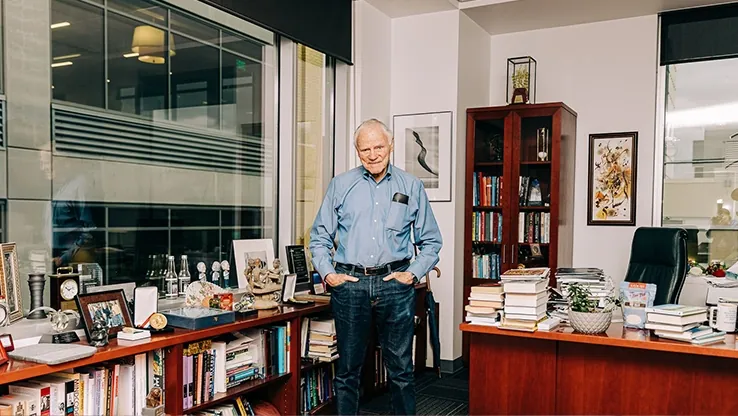
Celebrating the Life and Legacy of Valerie Logan Hood
ISB is deeply saddened to share the passing of Valerie Logan Hood, beloved wife of ISB Co-founder and Professor Dr. Lee Hood. Her lifelong dedication to K-12 education helped create and shape ISB’s programs, and her influence will be felt for generations to come.






